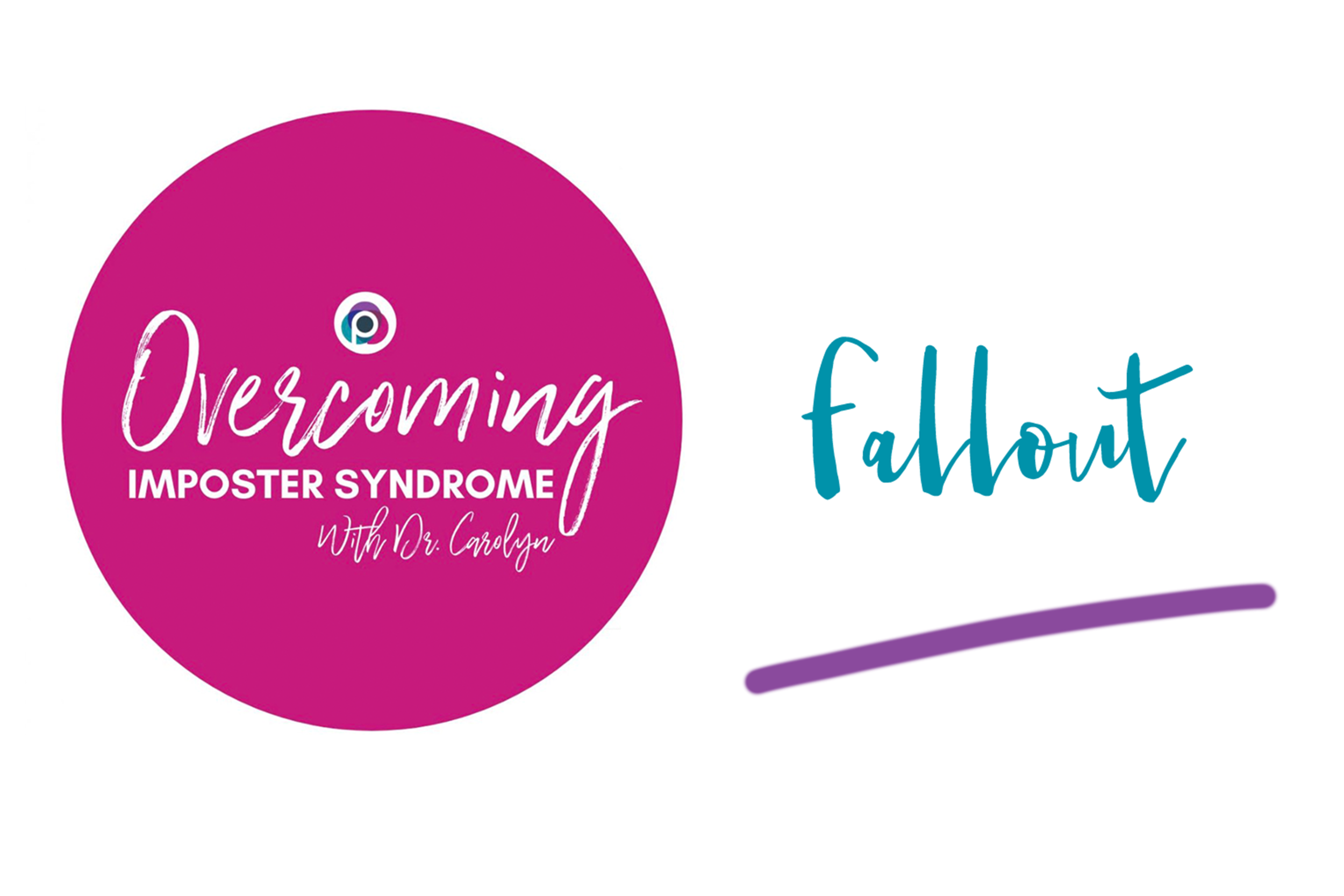How many times did you Google “Best practices for working from home”?
How many unnecessary online classes or tutorials have you finished since the pandemic began? (I love learning – “unnecessary” in this context means you took a class in something you already knew just to get a certificate saying you completed it.)
In times of stress, the “Expert” Impostor tries to gain control by learning everything they can. It’s important for Experts to know all. The. Things.
Read More“Perfectionist” Imposters believe there’s only one acceptable standard – zero flaws. Intellectually we know perfection isn’t possible – but it’s hard to silence the inner voice that keeps pointing out everything we do wrong. We obsess over mistakes rather than seeing our work in its entirety.
During the pandemic, many people saw their Perfectionist Imposter grow. As we were forced to take on new and different roles,
Read MoreMany people deal with the blurred boundaries just fine. If you feel confident about yourself and your work, multi-tasking is hard – but not impossible.
But Imposter Syndrome can make this difficult for a lot of people. When Imposter feelings strike, you believe you’re not as capable, talented, or smart as other people. You look at your co-workers and wonder how you’ve been able to fool them into thinking you should be part of this team.
For the Workaholic Impostor, the key to success is doing more.
Read MoreOur professional realities changed this year, for better or worse. If you were deemed “essential” and have been at work, the ways you interact with customers and peers has evolved.
Read MoreImposter Syndrome can be paralyzing. When plagued by self-doubt, most people choose one of two options – and neither one is good.
Read More









